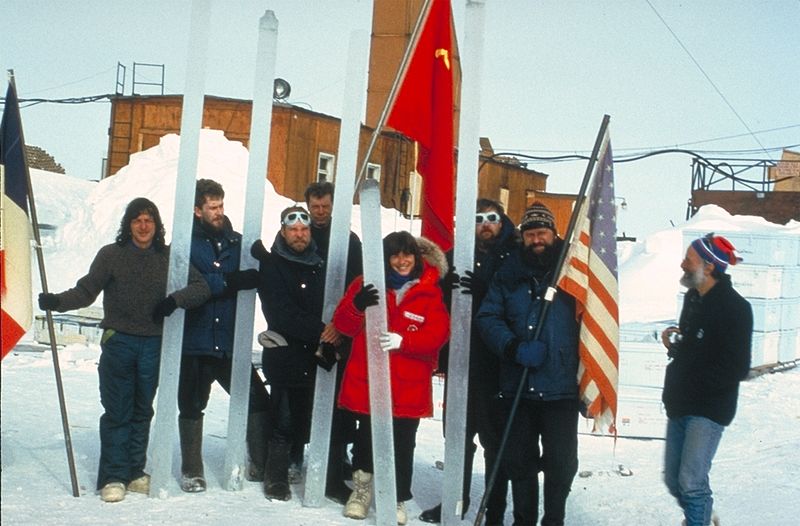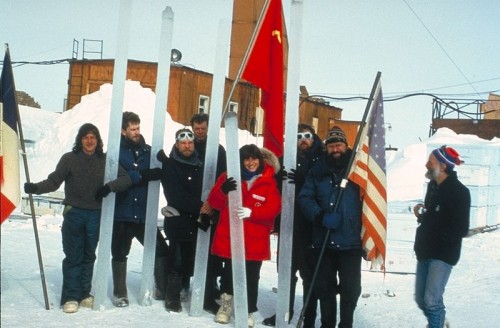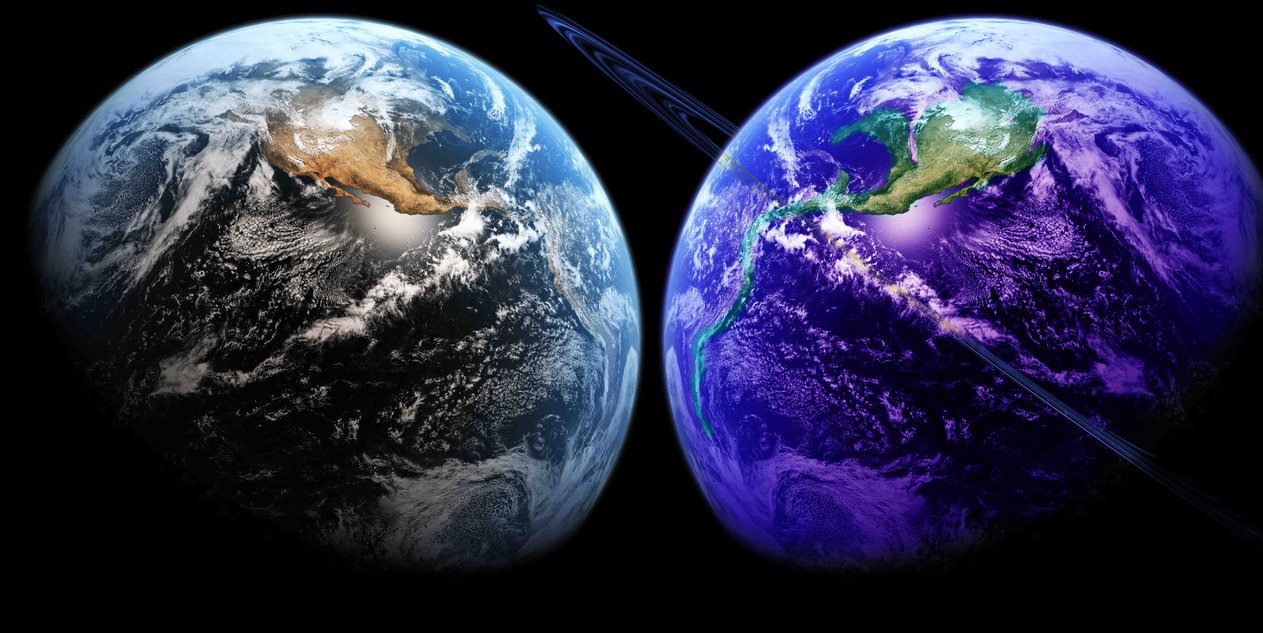After a decade of drilling through the thick ice cap, Russian scientists have finally bore a hole deep enough to reach the underground lake that time forgot. Lake Vostok in Antarctica is a large lake – about the size of Lake Ontario – and has been sitting underneath a thick ice cap that is 2 miles thick.
Last Sunday, the Vostok center reported striking gold when one of their sensors reached the lake water. Water that has remained warm enough not to freeze, thanks to the heat giving off the earth.
What does this mean to us?
Well, we have here an opportunity to study pristine water that has been untouched by the hands of man for millions of years. This underwater ecological system that exists underneath Antarctica can possibly introduce us to some new life form. Or at least that is what we are all hoping for.
Tampering with such things can be a very risky thing to do. Imagine we uncover some horrible virus that remained forever trapped underneath that ice. All it would take would be for one of the crew members to become infected for all of us to be at risk.
Although I’m sure proper precaution will be taken next Antarctic season when the drilling will resume. But I still can’t help but be reminded of episode eight of season one of the X files. The episode in which Mulder and Scully are sent to Alaska to investigate the death of several scientist who were part of the Arctic Ice Core Project. Who killed them?
Well Arctic Ice worms of course.

The Vostok drilling project is said to be a steppingstone for us. Soon, scientists hope to be able to repeat the drilling project on one of Jupiter’s moons.
Europa. The largest moon that orbits Jupiter is believed to be covered in a thick layer of ice. Just like Lake Vostok. Only difference is that we truly have no idea what awaits us down on those cold and dark waters of Europa.
Where are Mulder and Scully when you need them?
Thanks The Oshmar for the tip!
9 commentsRead more: NYTimes
MOSCOW — In the coldest spot on the earth’s coldest continent, Russian scientists have reached a freshwater lake the size of Lake Ontario after spending a decade drilling through more than two miles of solid ice, the scientists said Wednesday.
A statement by the chief of the Vostok Research Station, A. M. Yelagin, released by the director of the Russian Antarctic Expedition, Valery Lukin, said the drill made contact with the lake water at a depth of 12,366 feet. As planned, lake water under pressure rushed up the bore hole 100 to 130 feet pushing drilling fluid up and away from the pristine water, Mr. Yelagin said, and forming a frozen plug that will prevent contamination. Next Antarctic season, the scientists will return to take samples of the water.
The first hint of contact with the lake was on Saturday, but it was not until Sunday that pressure sensors showed that the drill had fully entered the lake. Lake Vostok, named after the Russian research station above it, is the largest of more than 280 lakes under the miles-thick ice that covers most of the Antarctic continent, and the first one to have a drill bit break through to liquid water from the ice that has kept it sealed off from light and air for somewhere between 15 million and 34 million years.
There have been much-disputed hints that life might still exist there. If so, that would give a great boost to hopes of finding life in similar conditions in icy water on one of the moons of Jupiter.
r. Lukin said it was a momentous, pioneering moment. “For me, the discovery of this lake is comparable with the first flight into space,” he told the Interfax news agency. “By technological complexity, by importance, by uniqueness. After reaching the water, the research team gathered by the drilling site for a photograph.
John Priscu, a geologist specializing in Antarctica at Montana State University, who has kept in contact with scientists in Antarctica and in Russia as the drilling has progressed, said that the anticipation had grown in the past two weeks as the drilling team finally came close to the lake surface just as the Antarctic summer was ending and the weather worsening.
“It has been a suspenseful two weeks for me,” Dr. Priscu said. He is headed for Antarctica next season to drill to another buried lake, and he said he was delighted with the Russian achievement. “I applaud them,” he said. “I think they have done a great job.” Russian officials said the timing of the announcement was fitting because on Wednesday, Russia celebrated “Science Day,” commemorating the occasion in 1724 when Peter the Great signed an order establishing the St. Petersburg Academy of Sciences. And the drilling saga, like the expeditions of early explorers, has been years in the making and involves both scientific inquiry and national pride. In the early 1990s, an international team of researchers were drilling at the Vostok research station to obtain cores to study clues to past climate in ice that has been accumulating for millions of years. At a depth of more than two miles they reached a kind of ice different from the ice sheet and realized they had frozen lake water.
Read more: NYTimes






